Celebrating success for Barkly Landcare
Staphani Grove, Barkly Landcare & Conservation Co-ordinator
Four projects were wrapped up this May with excellent outcomes for Barkly Landcare and Conservation Association (BLCA) as its members, Territory Natural Resource Management (TNRM) and other important stakeholders. All projects were funded by TNRM through funding from the National Landcare Program.
Prickly acacia and mesquite at Brunette Downs and Rockhampton Downs
Collaboration between BLCA, NT Weeds Management Branch, MTP contractors and two AACo stations produced key outcomes for weed control on two nationally important wetlands. Treatment of 129,313ha commenced on Brunette Station and a further 148,410ha on Rockhampton Downs for prickly acacia and mesquite. Contractors used basal bark spraying with Access and Diesel and also Graslan pellets to reduce large numbers of recruited seedlings.
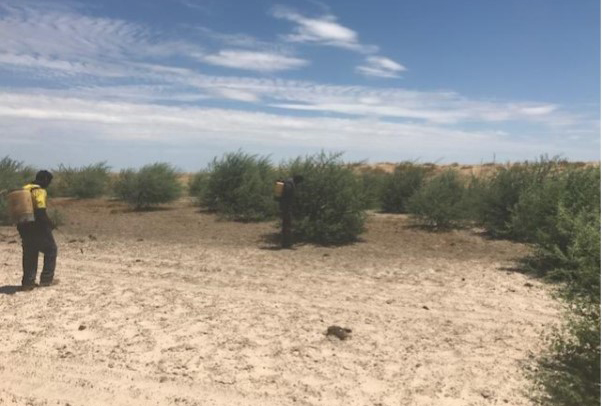
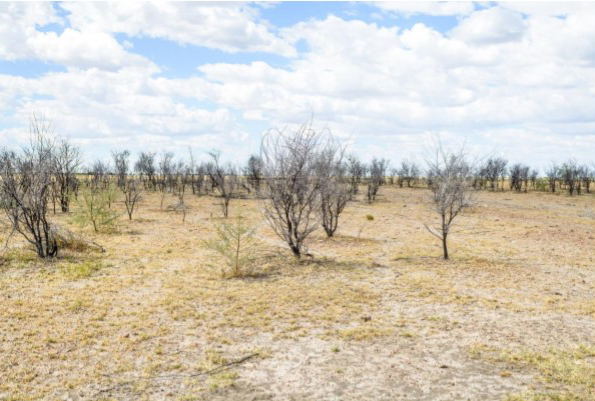
Rubber bush at Epenarra Station
An additional 7000ha of rubber bush was treated using the basal bark method and an area of 18000ha was followed up from treatment undertaken in 2017. This was a great effort for station staff; Dan and Julie Hodgson and Bernie Parker and Epenarra community members, Ralph, Patrick and Douglas.
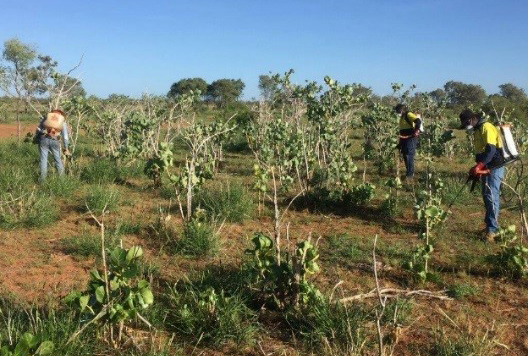
Supporting sustainable land management and biodiversity on Epenarra Station, Lake Nash, Newcastle Waters and Tennant Creek Station
This project spanned across four stations and produced different outcomes across the Barkly. 18,000ha of rubber bush was treated on Epenarra Station, 10.7km of exclusion fencing was completed on Lake Nash, data collection was undertaken for the Newcastle Waters Feathertop Burning Experiment and 250ha of rubber bush was treated on Tennant Creek Station.
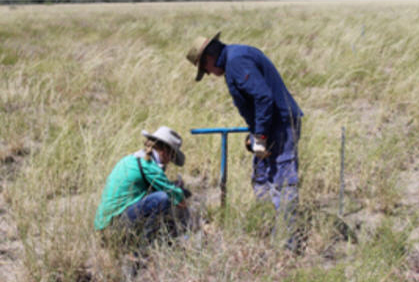
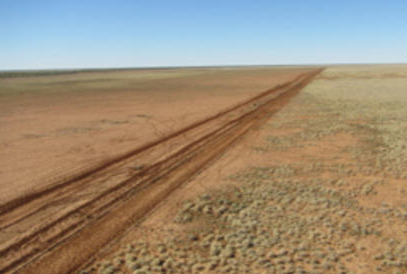
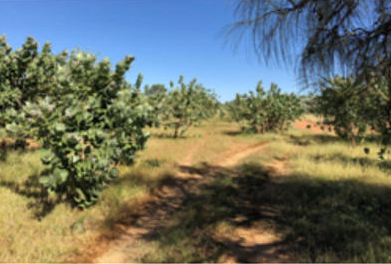
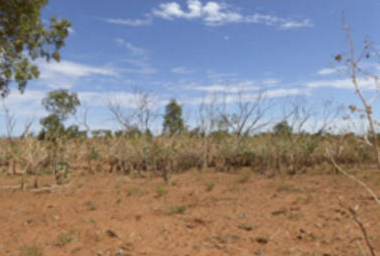
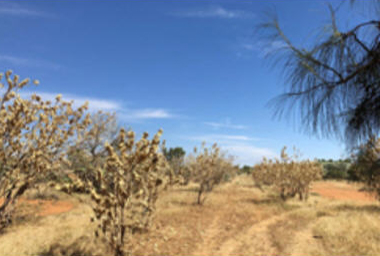
Parkinsonia at Elkedra Station
Central Land Council, Barkly Landcare and Amber Driver from Elkedra Station were involved in a parkinsonia control project. Three days were spent undertaking weed control. 75ha were treated using the basal bark method and over 700 bioherbicide capsules were used to inoculate adult parkinsonia trees.
The rangers were excited to use this new technology for weed control supplied by Bioherbicides Australia.
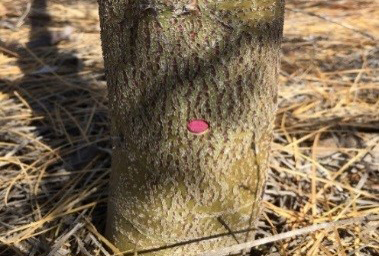
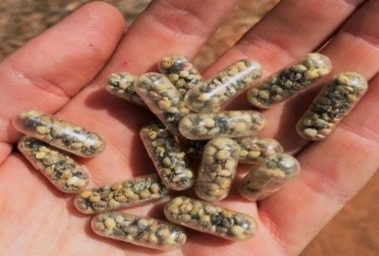
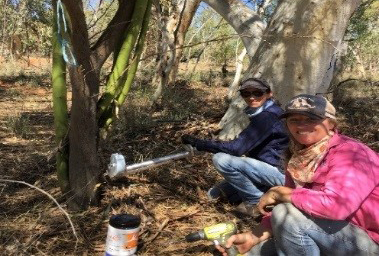
Give feedback about this page.
Share this page:
URL copied!